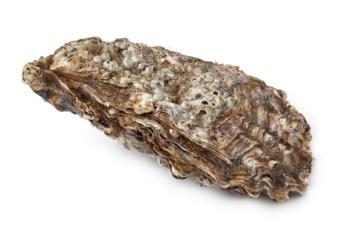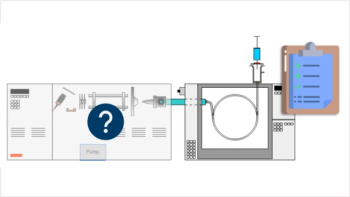
Novel Mass Spectrometry Method Enables Accurate Detection and Quantification of Peanut Protein in Processed Foods
Speaking at ASMS 2023, Sara Schlange of the University of Nebraska-Lincoln discussed a mass spectrometry (MS)-based alternative for matrices problematic in current immunoassays regarding the detection of peanut allergens.
Researchers at the University of Nebraska-Lincoln have developed an innovative mass spectrometry (MS) method that can detect and quantify peanut protein in processed food products, as described in a talk given by the university’s Sara Schlange at the annual American Society for Mass Spectrometry conference on Monday, June 5, 2023 (1). The breakthrough technique addresses the need for effective analytical tools to safeguard peanut-allergic consumers, who make up approximately 2% of the population in the United States.
Peanut (Arachis hypogaea) allergies can trigger life-threatening reactions, necessitating precise detection methods to identify the unintentional presence of peanuts in food items. While immunological-based assays are commonly used, they have limitations when analyzing complex matrices found in processed foods. The new MS method offers a promising alternative by overcoming the matrix and processing effects that can negatively impact immunoassays.
In the study, incurred cookie and dark chocolate samples were prepared by incorporating different concentrations of peanut protein before undergoing food processing operations. The researchers identified nine peanut-specific peptides that exhibited high sensitivity and robustness in the tested matrices. Using an orbital trap mass spectrometer, they developed a parallel reaction monitoring (PRM) method.
To enhance sensitivity and reduce variability, the team optimized various factors, including sample preparation techniques, chromatography parameters, and instrument settings. Their efforts resulted in a significant increase in method sensitivity, ranging from 5 to 100-fold for different peptides and matrices. This enhanced sensitivity allowed for the detection of peanut protein even at very low concentrations in the incurred cookie and dark chocolate samples.
The method proved successful in accurately quantifying peanut protein concentrations in the tested samples. The researchers detected eight peptides from proteins Ara h 1, 2, or 3 in 100% of the analyzed samples, with one peptide from Ara h 3 detected in 77.78% of replicates. The maximum reported peanut protein value among the nine peptides was used as the quantitative output for conservative risk assessment. Proteins Ara h 1, 2, and 3 refer to specific proteins found in peanuts (Arachis hypogaea). These proteins are major allergens commonly associated with peanut allergies.
Moreover, the developed MS method demonstrated its potential for protecting peanut-allergic individuals. By achieving the necessary sensitivity and accuracy, the method provides an effective tool for allergen detection and quantification in challenging food matrices. The ability to accurately identify and measure peanut protein in processed foods is a significant advancement in food safety protocols, ensuring the well-being of individuals with peanut allergies.
This novel MS method offers a valuable contribution to the field of food safety and chemistry. Its application in detecting and quantifying peanut protein in processed food products will support the food industry in providing safer options for individuals with peanut allergies. With further development and implementation, this technique could significantly enhance the protection and well-being of peanut-allergic consumers.
Reference
(1) Schlange, S.K.; Marsh, J.T.; Downs, M.L.; Johnson, P.E. Novel mass spectrometry method for the detection and quantification of peanut protein in processed food matrices. Presented at the 71st American Society for Mass Spectrometry Conference on Mass Spectrometry and Allied Topics, Houston, Texas, June 5, 2023.
Newsletter
Join the global community of analytical scientists who trust LCGC for insights on the latest techniques, trends, and expert solutions in chromatography.




